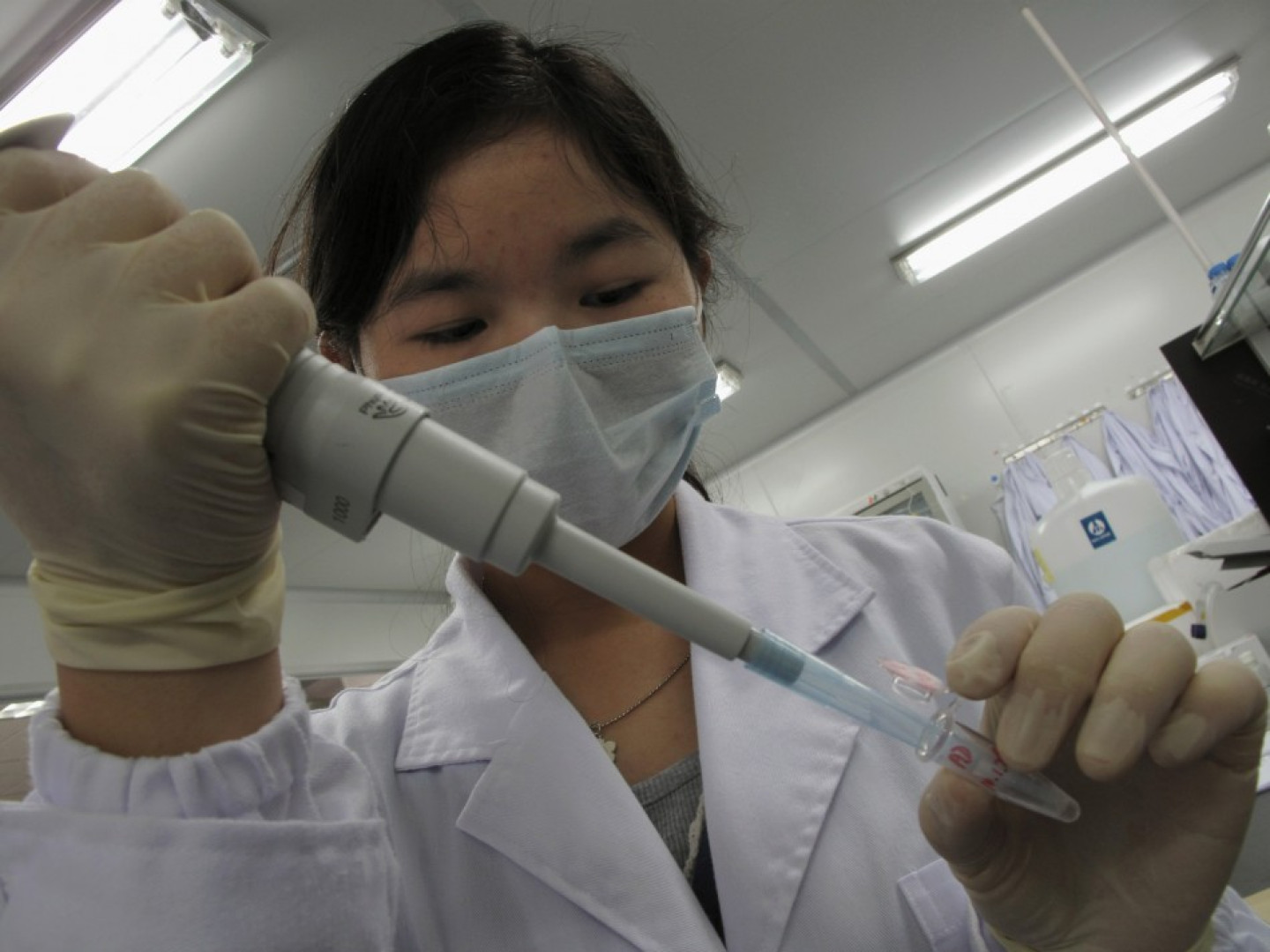China’s New Status as Top Patent Filer: Is the West Losing Out?

A new survey has ranked China as the world's top patent filer for this year.
According to the Reuters study, China is ahead of the U.S. and Japan. Applications from China's patent office have gone up by an average of 16.7 per cent annually; from 171,000 in 2006 to nearly 314,000 in 2010.
This also means that more innovations are going on in the Chinese society. Now the second largest economy in the world, China can claim they are not just the largest manufacturer but are designing and inventing products as well, even though concerns have been expressed about the quality of Chinese products.
The World Intellectual Property Organisation (WIPO) figures also suggest it has received more patent applications than Japan.
The share of China in intellectual property (IP) filings jumped from 54 per cent in 2009 to 58 per cent in 2010. China and the U.S. shared the highest number of patents filed in 2010.
In the EU, Germany, France and the UK, which are also the largest economies in the continent, were the top IP filers. IP filing in these three countries exceeded the GDP growth rate in 2010.
In 2010, two Chinese companies, ZTE Corp, telecommunications equipment maker and gear maker Huawei Technologies Ltd were the top patent applicants.
The report also showed that China and the U.S accounted for four-fifths of the 7.2 per cent worldwide growth in patent filings, with the U.S. patents growing 7.5 per cent in 2010.
Interestingly, the U.S, Japan and the leading players in the EU are failing to provide an ideal atmosphere for new breakthroughs. But it is too early to say that the U.S., which used to be the highest patent holder, is losing ground.
According to American author Darin Gibby, who wrote "Why Has America Stopped Inventing?," patents laws are responsible for turning away new innovators.
The book, "Rising Above the Gathering Storm: Energizing and Employing America for a Brighter Economic Future" collectively authored by top U.S. scientists, corporate executives and educators, noted that the U.S. is losing ground in the market as well as in science and technology.
The book has urged U.S. authorities to focus on creating jobs and new technologies. Special emphasis should be given to math and science education, long-term research and innovation.
The UK, which has long established patent laws, announced plans this year to make sweeping changes to intellectual property laws. Professor Ian Hargreaves studied the existing patent laws and submitted his recommendations to the government in a report titled "Digital Opportunity: A Review of Intellectual Property and Growth".
The government has accepted the proposals including plans to set up a Digital Copyright Exchange, which is expected to add billions of pounds to the U.K. economy by 2020. Although the government has made a series of changes to its existing policy, firms, especially software companies, have been urged to do more.
The Zdnet.com quotes John Mitchell, chairman of the software lobbyist firm SME Innovation Alliance, as saying: "The UK don't have a software industry because the UK Intellectual Property Office is out of line with the rest of Europe."
Mitchell added that the UK will grant software patents to those which will solve a particular technical problem, and deny patents to any software which has a general-purpose use. If compared, the European Patent Office (EPO) is better as it allows patents for computer programs themselves.
Legal procedures for getting patents might be different in different countries, and the incentives to encourage discoveries might also vary.
Despite concerns over quality, some of the Chinese products have emerged as top brands. Lenovo (computer hardware manufacturer) and Haier (household manufacturer) are some of the big names recognised world over.
It may be noted that there were no patent laws in China until 1985. Things changed afterwards and the Chinese government encouraged people to file patents with incentives. Public and private companies encouraged everyone to file patents with a wide range of benefits. For instance Huawei Technologies Ltd. pays huge bonuses to its employees if they find something new.
© Copyright IBTimes 2025. All rights reserved.





















